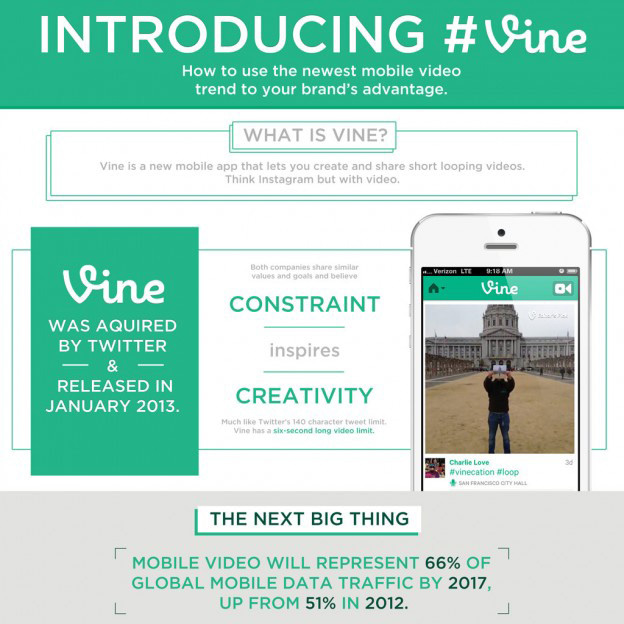While most of us are very familiar with using a search engine to quickly find information online, the runaway popularity of social media has created demand for search engines dedicated almost entirely to social trends.
A major change has taken place in the last few years that modifies the way we’re doing business online and offline. It has to do with social media, search engine optimization and public relations . Neglecting their impact on your marketing is self-destructive.
Playing search engine optimization and positioning games are about to end!
Google, Yahoo or Bing will no longer ignore manipulative SEO tricks based on tons of links or false reviews for local businesses.
Experts from InternetServiceProviders note that in the general field of search engines, there are two giants to consider: Google and Bing. Those who enjoy a more reading-intensive experience generally gravitate toward Google while the more visual generally appreciate the pictures and graphics Bing is known for. Yahoo is also very powerful, but there are too many distraction on their portal page (not to mention that Yahoo Search is now completely powered by Microsoft Bing).
On the other hand, social media, with it’s billions of active users, includes Facebook, Google+, YouTube, Twitter, Instagram, Pinterest, MySpace, LinkedIn, where you can participate and meet existing customers and new prospects. These are great mediums to build raving fans and followers.
You already knew that some social content ranks well on search engines. What you post there stays on a search engine index. However, what people say about your business – their feedback, the ratings they leave – is publicly accessible to your prospective customers.
And this, of course, impacts the buying mode!
Overleaping social media can harm your brand and reputation, lower your revenue, and hurt your entire business. Adapting your marketing strategy to include social media can be a huge profit chance.
That’s why you need to constantly check and see where your reputation is. Those in the news or in the business need to understand what conversations are happening across social medium, and they are running toward real-time social media search engines for answers.
What Is A Social Search Engine?
Social search engines perform an online search of the social graph of the person(s) initiating the query. The social graph (a term popularized in 2007 at Facebook’s F8 Convention) has been largely defined as “the global mapping of everybody and how they’re related“.
How Do Social Search Engines Differ From Regular Search Engines?
Mediapost site states that according to researchers at both Stanford University and Microsoft Research, social media updates tend to become search engine queries about 4.3 hours later. Many real-time social search engines go a step (or two or three) beyond your standard search engines that locate content based on keywords.
Instead, social search engines actually tap into online conversations by analyzing the thoughts and opinions circulating and by predicting (in some cases) future outcomes. Thus, the savvy journalist, advertiser, writer and others can easily find relevant conversations and introduce them into their marketing strategies or talk show content.
A List of Real-Time Social Search Engines and Beyond
Here, you will find a list of real-time social search engines currently available online.
- Topsy: Topsy’s tagline is: “Instant Social Insight“. It is an intense company focused on both social search topics and social analytics. Topsy claims it has “the Internet’s only full-scale index of the public social web”, enabling users to search by topic, hashtag or terms.
The analytics side of Topsy takes the data acquired and analyzes it thoroughly to reveal unique insights and trends while offering comparisons of today’s topics against past events and against a company’s current competitors. It’s state-of-the-art technology also helps to predict future outcomes.
- Social Mention: Social Mention is a social media search and analysis platform that aggregates user generated content from across the universe into a single stream of information. It allows you to easily track and measure what people are saying about you, your company, a new product, or any topic. Social Mention monitors 100+ social media properties directly including: Twitter, Facebook, FriendFeed, YouTube, Digg, Google.
You can explore or opt to receive social media alerts. You can choose to receive free daily email alerts of your brand, company, CEO, marketing campaign, or on a developing news story, a competitor, or the latest gossip on a celebrity.
- Flackr: Flackr mainly uses the Twitter platform to find social media conversations. The home page publishes trending conversations in a dashboard-type format, meaning users can simply leave the page open to find the trending conversations throughout the day.
In some ways, the format replaces sitting in front of the television all day waiting for the breaking news on important topics.
- Ice Rocket: Ice Rocket publishes the top news stories and the top-trending social media searches. They also allow bloggers to place their blogs into Ice Rocket’s index, allowing greater visibility for blog articles and topics related to what’s trending.
- Kurrently: Kurrently allows marketers to see what the marketplace is saying about their brand. It is an incredibly useful tool for companies to research, adjust and respond to public concerns.
Live events and interesting content are also part of the offerings on this site. Although it has been popular, founder Gilbert Leung has posted the site that it close down July 31, 2013 due to it’s lack of profitability. Well, thing like this happens all the time with the good boys…
- Social-Searcher: Social-Searcher searches sites like Google Plus, LinkedIn, Twitter and Facebook. It’s platform spans the globe and also provides analytic services. The service is also available as a plugin and as an Android App.
- 48ers: The search results display hits from Twitter, Facebook, Google Buzz, Digg, and Delicious. A tiny icon next to each result shows the source. If you want to see the results for each network separately, you can filter the results from a menu on the left.
There is no RSS, but a button at the top of the search results list lets you share your search with friends through a large number of channels or networks (choose from a list of 287). There are links to trending topics and a list of recommended searches help you make the most of your search.
- WhosTalkin: The search and sorting algorithms combine data taken from over 60 of the Internet’s most popular social media gateways. WhosTalkin searches social media outlets such as Facebook, LinkedIn, MySpace, Google News, Youtube, Flickr, Picasa, Reddit and a number of other types of social sites based on your search category: Blogs, News, Networks, Videos, Images, Forums and Tags.
WhosTalkin is a perfect tool for social media. It’s like Google for social media. It lets you to get the info about the news and conversations going on the social media related to your favorite topic.
- FriendFeed search: in my opinion, probably one of the most forgotten search media site, and it doesn’t deserve such a title. Ok, it’s not a real-time social engine but it’s great. It shows results from Twitter, StumbleUpon, Delicious and tens of other social media services. It allows a user to connect and collect all his social Web activities into one place.
If you are looking for your friends’ opinions regarding a certain topic, FriendFeed is great. If you want to perform a comprehensive search, most probably FriendFeed won’t cut it as it only indexes the users registered with their service.
While there are a lot of similarities in the services provided by the above real-time search engines, there are also some unique differences that make each one of them unique in a way or another.
Which one is your favorite? Do you think real-time search is valuable or maybe over-rated? Please use the comments section below to let us know your thoughts.

SEO and digital marketing specialist, I bring expertise in driving online visibility and optimizing organic search rankings. Leveraging my skills in keyword research, on-page optimization, content marketing, link building, and AI tools, I have consistently delivered measurable results across diverse industries.



